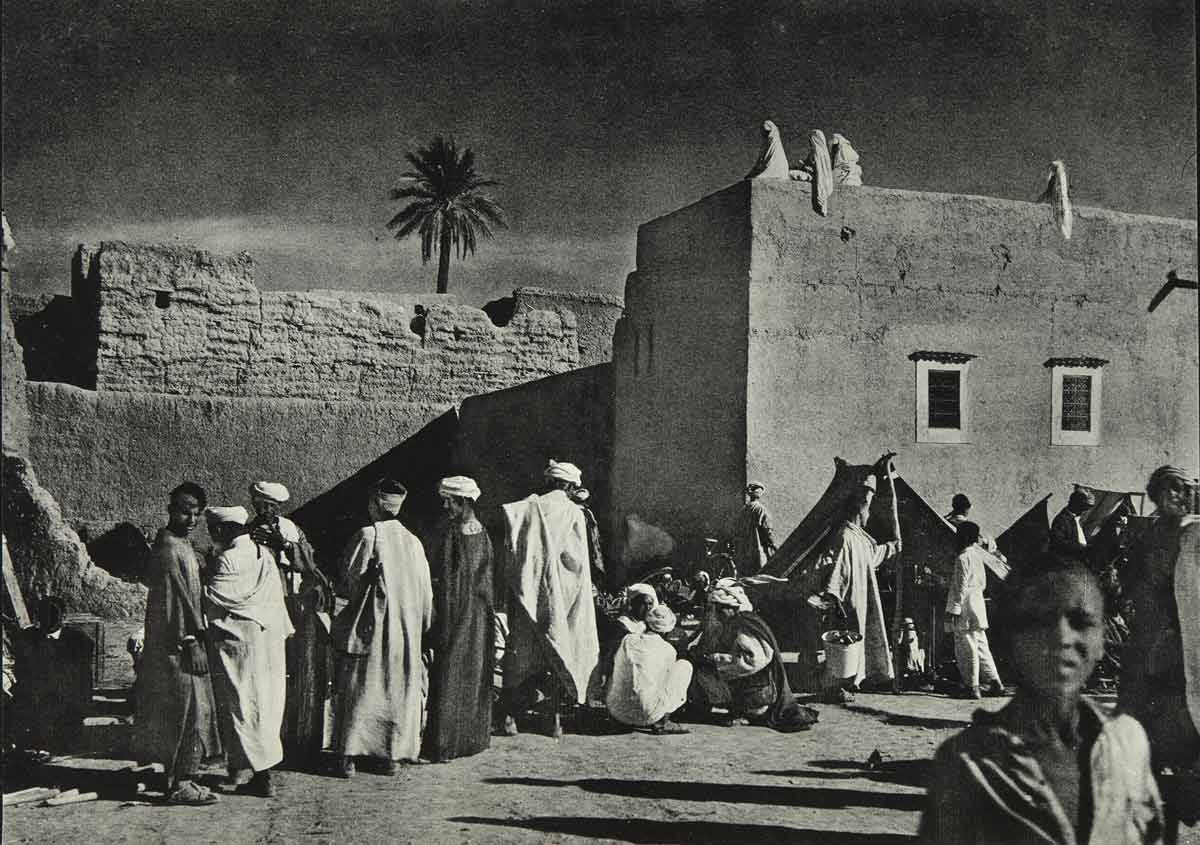Coexistence in a pluralistic world

Souk in the South Atlas. 1966. ©José Ortiz Echagüe. VEGAP 2021.
The exchange between cultures has existed throughout human history. However, the phenomenon of multiculturalism has acquired new dimensions as our societies have become more complex. Large-scale migration and mobility phenomena, globalization and hyperconnectedness - facilitated by new technologies - have led to people from different backgrounds entering contact and interacting on a daily basis, and even living together in the same professional, family or friendship environment...
In this context, the following challenges arise:
- Generate spaces to build conversations that lead to mutual understanding and the reinforcement of social bonds.
- To enhance the value of discourses (media, political, pedagogical...) that contribute to coexistence and social cohesion.
- To promote the development of all peoples and to guarantee peace, justice and freedom for all citizens.
- To eradicate inequalities based on ethnicity, religion, ideology, gender, age, etc.
- Recognize natural law and the idea that there is a universal ethic as an antidote to cultural relativism.
- Recover the role of citizens as protagonists of public life, capable of finding solutions for the common good.
- Encourage mediation to resolve conflicts and disagreements that arise in interactions.